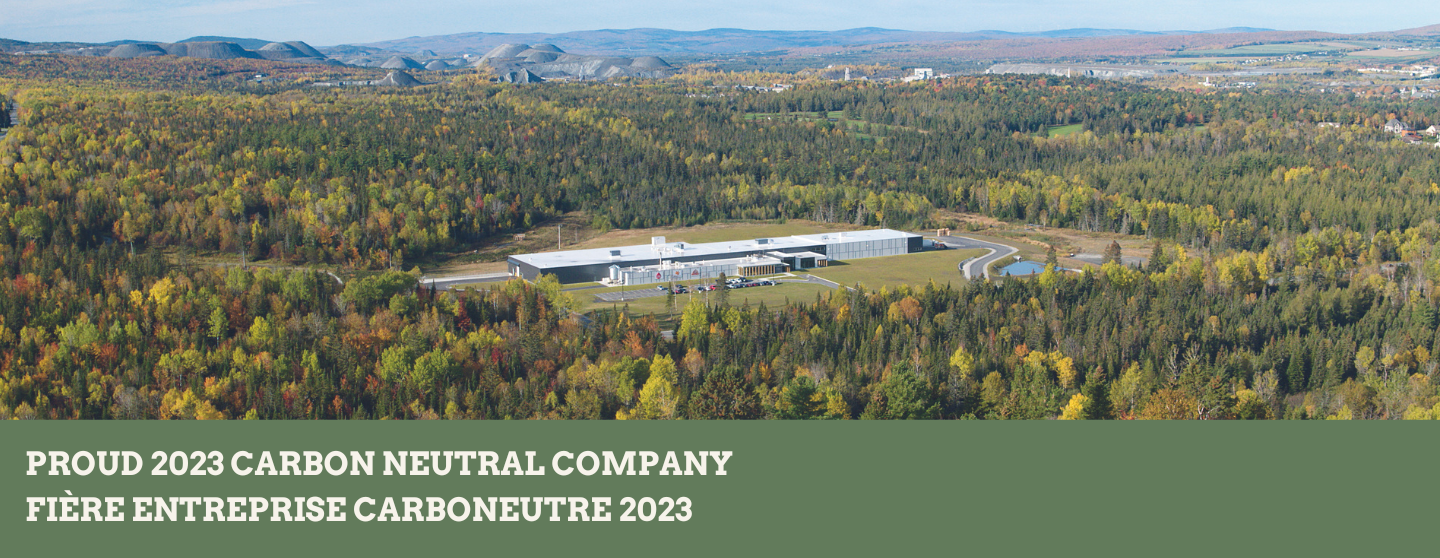

Appalaches Nature Inc

Quebec, Canada
June 2023
Food products
Manufacturing
Australia,
Belgium,
Canada,
France,
Germany,
Italy,
Japan,
Netherlands The,
United Kingdom,
United States
Appalaches Nature specializes in the production of natural sweeteners (maple syrup, honey, agave syrup). In 2019, in order to meet the growing demand for maple products worldwide, a new ultra-modern processing facility was built. Specialized in the packaging of maple products, Appalaches Nature’s new industrial site is one of the most modern, most highly automated and safest production facilities on the market. With the goal of producing the smallest ecological footprint possible, the new plant was designed to meet the most stringent standards in energy efficiency and sustainability. Since its creation, Appalaches Nature has been sourcing maple syrup from its producer partners to bring you the very highest quality product harvested with care. In the world’s biggest maple producing region, across Canada’s maple forests, Appalaches Nature processes and bottles maple products with passion, creating moments of pure happiness. Appalaches Nature markets its products primarily under its brand Maple Joe distributed in over 55 countries. In Quebec (Canada), Biodélices (organic maple products) and L’Érablerie (conventional maple products) are also distributed. Appalaches Nature is thrilled to join the B Corp movement and seek to further improve its social and environmental impac
Overall B Impact Score
Governance 14.3
Governance evaluates a company's overall mission, engagement around its social/environmental impact, ethics, and transparency. This section also evaluates the ability of a company to protect their mission and formally consider stakeholders in decision making through their corporate structure (e.g. benefit corporation) or corporate governing documents.
What is this? A company with an Impact Business Model is intentionally designed to create a specific positive outcome for one of its stakeholders - such as workers, community, environment, or customers.
Workers 23.3
Workers evaluates a company’s contributions to its employees’ financial security, health & safety, wellness, career development, and engagement & satisfaction. In addition, this section recognizes business models designed to benefit workers, such as companies that are at least 40% owned by non-executive employees and those that have workforce development programs to support individuals with barriers to employment.
Community 16.4
Community evaluates a company’s engagement with and impact on the communities in which it operates, hires from, and sources from. Topics include diversity, equity & inclusion, economic impact, civic engagement, charitable giving, and supply chain management. In addition, this section recognizes business models that are designed to address specific community-oriented problems, such as poverty alleviation through fair trade sourcing or distribution via microenterprises, producer cooperative models, locally focused economic development, and formal charitable giving commitments.
Environment 23.8
Environment evaluates a company’s overall environmental management practices as well as its impact on the air, climate, water, land, and biodiversity. This includes the direct impact of a company’s operations and, when applicable its supply chain and distribution channels. This section also recognizes companies with environmentally innovative production processes and those that sell products or services that have a positive environmental impact. Some examples might include products and services that create renewable energy, reduce consumption or waste, conserve land or wildlife, provide less toxic alternatives to the market, or educate people about environmental problems.
What is this? A company with an Impact Business Model is intentionally designed to create a specific positive outcome for one of its stakeholders - such as workers, community, environment, or customers.
Customers 2.6
Customers evaluates a company’s stewardship of its customers through the quality of its products and services, ethical marketing, data privacy and security, and feedback channels. In addition, this section recognizes products or services that are designed to address a particular social problem for or through its customers, such as health or educational products, arts & media products, serving underserved customers/clients, and services that improve the social impact of other businesses or organizations.